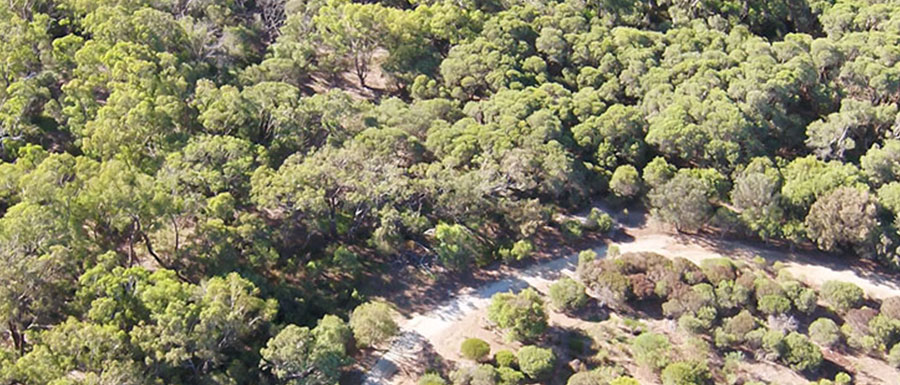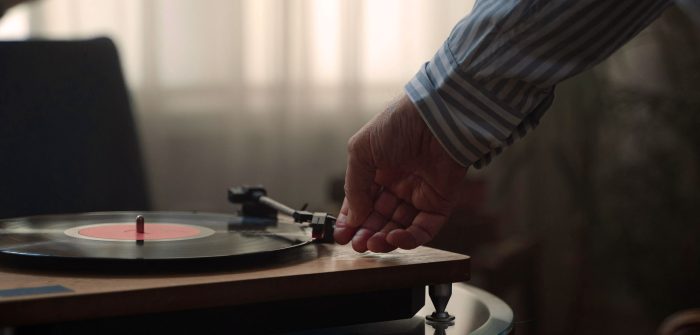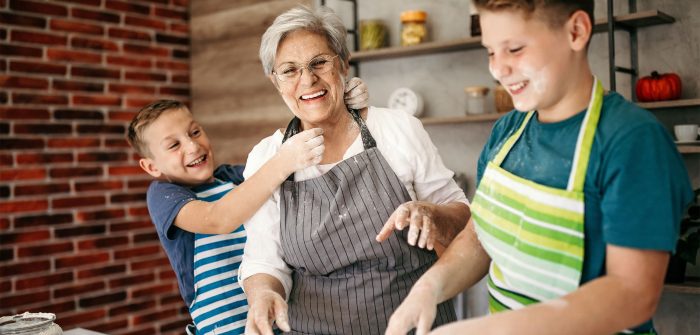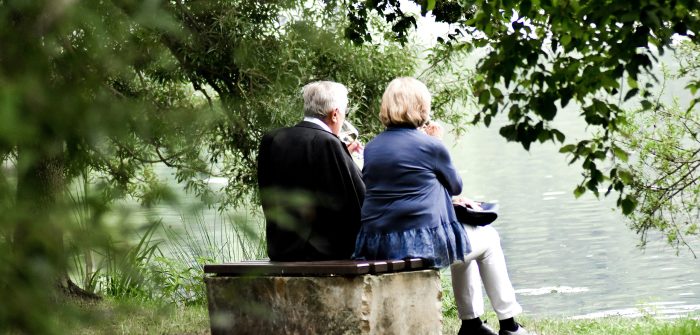Planning a funeral for your child
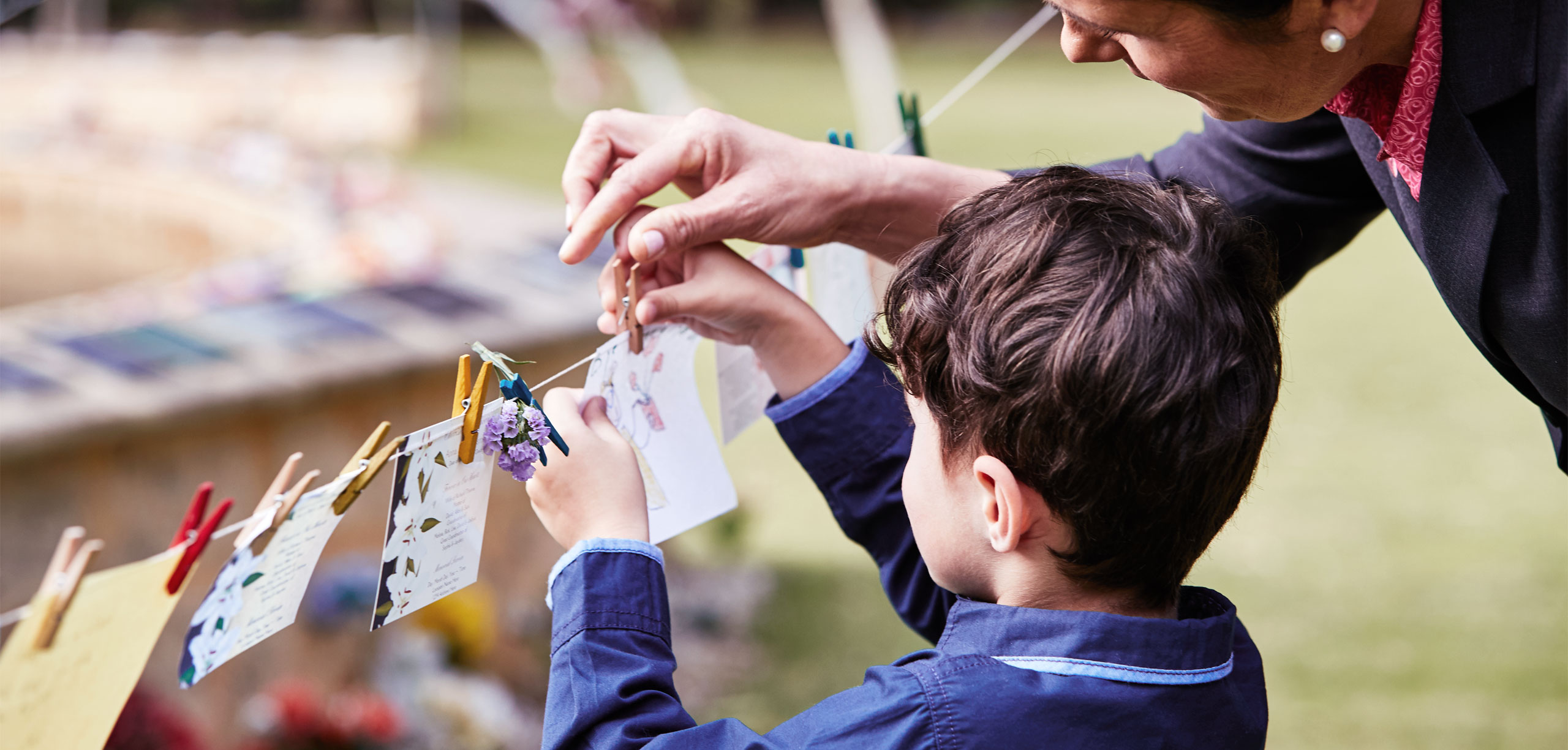
The death of a child can be particularly difficult. This unique situation brings with it awkwardness from friends as they realise the vulnerability of their own children. Behavioural changes from siblings who may be confused by the new focus this loss has brought. The injustice a grandparent may feel at the loss of a young life. Sharing your feelings and encouraging each other to express your emotions is the healthiest way for any family to recover from this tragedy. At Bowra & O’Dea, we have been supporting families for over 130 years with compassion and care. We offer this guide to help you understand what needs to be done when someone dies, from registering the death and obtaining official documents to engaging a funeral director.
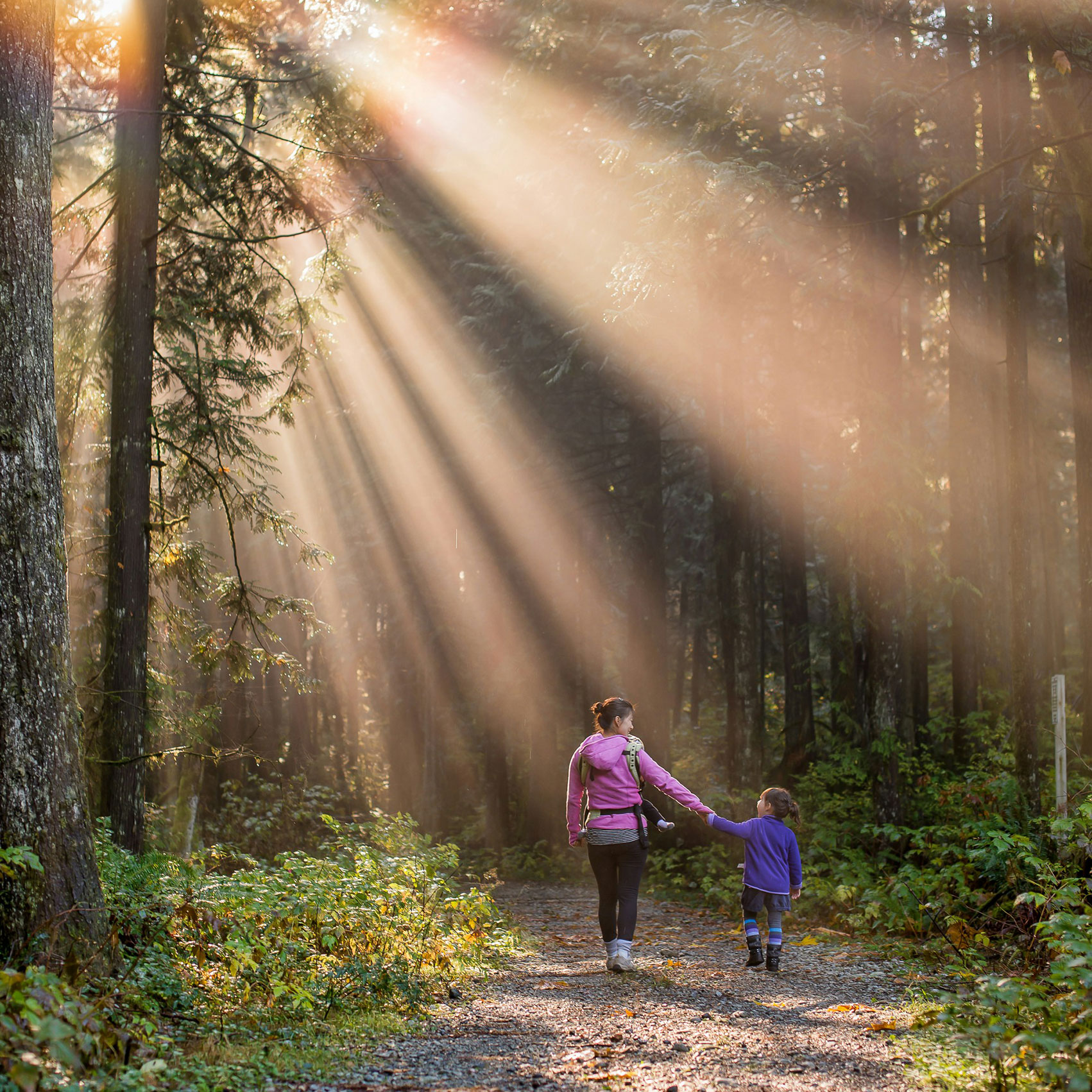
What happens after your child dies?
Even when death is expected, the moment can still feel overwhelming. You are not alone – reach out for help when you need it. There is no need to rush anything in the early hours and days. If you are with your child, whether at home, a hospice or hospital, and want to spend time with them, please do so.
Your first point of contact should be someone from your regular care team. A doctor or medical professional will provide a Medical Certificate of Cause of Death. If the death was sudden, related to an accident, or occurred within 24 hours of hospital discharge, the matter must be reported to the Coroner. Your funeral director will then liaise with the Coroner’s office to arrange the safe transfer of your child into their care.
You may wish to consider where your child will stay between now and the funeral or memorial. Palliative care and hospice teams can offer support in arranging a funeral director who understands your preferences. Funeral directors can transfer your child to their funeral home or help you care for your child at home. Some families choose a combination of both. If your child remains at home, your funeral director or care team can guide you through everything from how to care for their body, to what natural changes to expect and how to manage the environment appropriately.
Your funeral director will also assist with registering the death with your State’s Births, Deaths and Marriages office and will obtain the official death certificate on your behalf.
Registering the death
After someone has passed away, it is a legal requirement to register the death with the Registry of Births, Deaths and Marriages in your state or territory. In most cases, your funeral director will handle this process on your behalf, helping to ease some of the administrative burden during a time of grief.
To register a death, certain details are required, including the deceased’s full name, date and place of birth, parents’ names, marital status and information about any children. If you are unsure about these details, your funeral director can assist in gathering the necessary information.
Once the death is registered, the Registry will issue an official Death Certificate. This document is different from the Medical Certificate of Cause of Death, which is completed by a doctor or the coroner.
The timeframe for receiving the certificate can vary depending on the circumstances of the death and the requirements of the coroner, if involved. Your funeral director will keep you informed and provide a certified copy once it becomes available. During this time, it’s not uncommon to feel overwhelmed or unsure. Please remember that the team at Bowra & O’Dea is here to support you, answering your questions and assisting with all necessary arrangements.
Bowra & O'dea
Need help?
If you’re unsure who needs to be notified or how to use the death certificate, Bowra & O’Dea can offer guidance and suggest resources to support you.


Selecting a funeral director
Most people have little experience with funerals, and it’s perfectly natural to feel unsure about what to do. A funeral director’s role is to guide you through each step with compassion and professionalism. You should feel comfortable with the person caring for your child.
It’s okay to ask questions and take time to choose someone who feels right for you. The funeral home you select will handle your child’s care directly, not through a third party. If you feel uncomfortable at any point, you can transfer your child to another provider.
The role of a funeral director
Funeral directors play a vital role in helping families during a time of loss. Their job is not only to manage the practical aspects of a funeral but to do so with dignity, sensitivity and respect for your wishes. They are trained to handle legal and logistical requirements while respecting cultural or religious customs.
Key responsibilities include:
- Coordinating arrangements in line with your preferences and any legal or cultural requirements
- Transporting your child from the place of death to a mortuary
- Preparing your child for viewing or the funeral
- Collecting necessary medical documentation
- Completing required paperwork
- Placing funeral notices in print or online
- Liaising with clergy or celebrants
- Booking venues such as churches, cemeteries or crematoria
- Registering the death officially
- Obtaining certified copies of the death certificate
- Organising logistics such as vehicles and pallbearers
- Advising on customs or traditions before, during or after the funeral

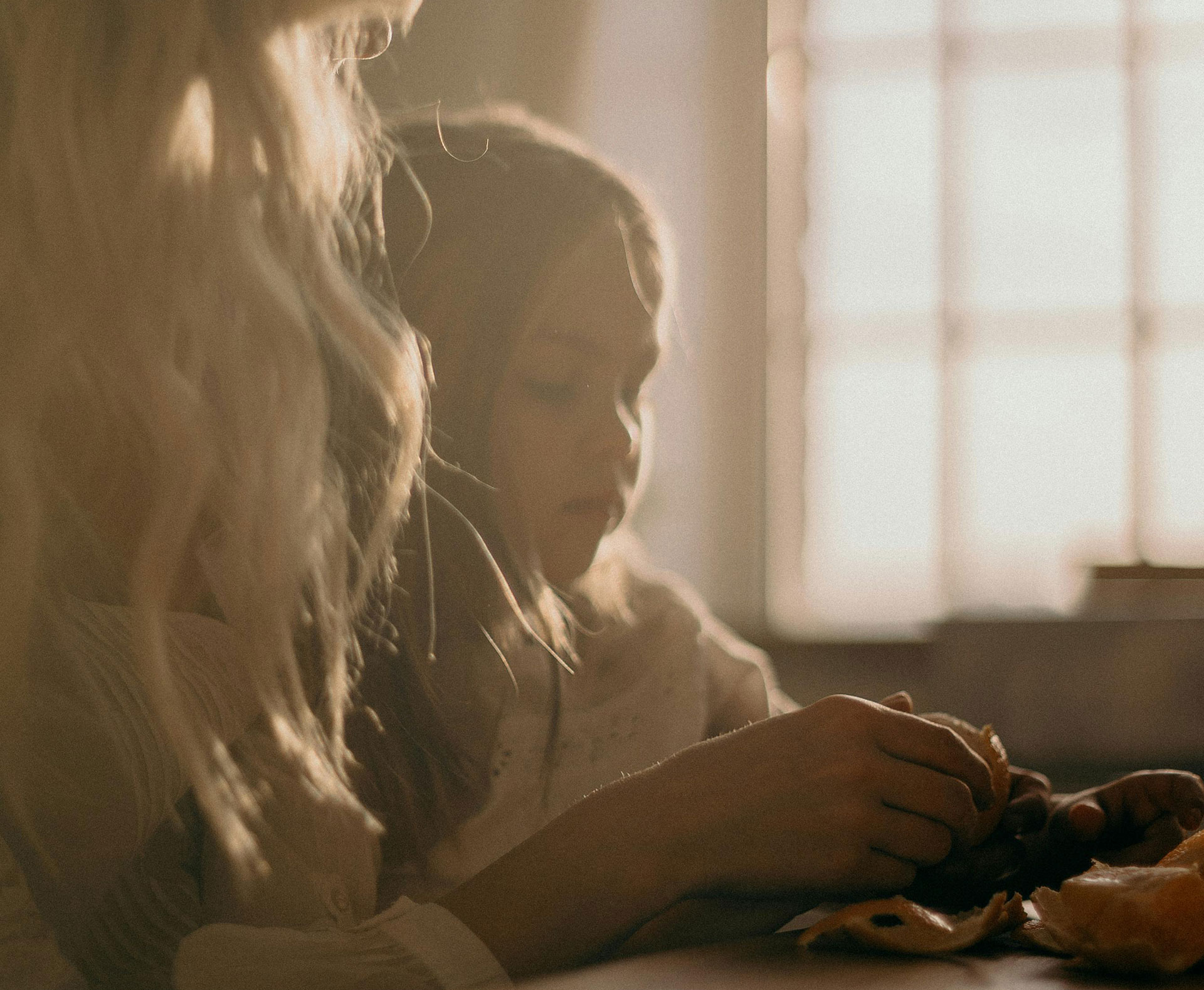
Getting ready for your child’s funeral or memorial
Although only one person will be responsible for making decisions, many families find comfort in involving others in the planning. Including siblings, where appropriate, can be a healing experience and a chance to acknowledge their grief in a meaningful way.
Children often surprise adults with their ability to participate thoughtfully. Funeral directors, palliative care and hospice teams can help guide conversations about what level of involvement feels right for your other children. Activities such as choosing music, writing letters or decorating the coffin can provide important moments of connection.
If your family observes cultural or religious practices, let your funeral director know so these can be honoured. Grief may also bring other family tensions to the surface, and it’s important to consider these in your planning too.

Coffins, urns and keepsakes
Choosing a coffin, urn or keepsake for a child is deeply personal and may be difficult to contemplate. Each State and Territory requires the use of a coffin or similar structure for burial or cremation.
Families often choose to decorate the coffin to reflect the child’s personality. This might involve using bright colours, stickers or drawings. You are welcome to personalise it in whatever way feels right for you.
Personalising the service
Honouring your child’s unique personality can be a comforting way to mark their life and share memories. Here are a few ways other families have created meaningful tributes:
Music
Select 3–4 pieces that reflect your child’s interests. This could be a favourite TV theme, song from a movie, or a recording of them singing or playing an instrument.
Photos
You may wish to create a visual tribute with pictures collected from family and friends. Your funeral director can help compile and display them.
Coffin decoration
Encourage loved ones to leave messages, drawings or mementos on the coffin. You might include a favourite blanket, flag or toy.
Venue décor
Personal touches such as flowers, drawings, teddy bears or letters can make the space feel more meaningful. Consider handing out flower petals or small tokens for guests to place on the coffin.
Dress code
You might invite guests to wear your child’s favourite colour, sports team jersey or costume from a beloved character.
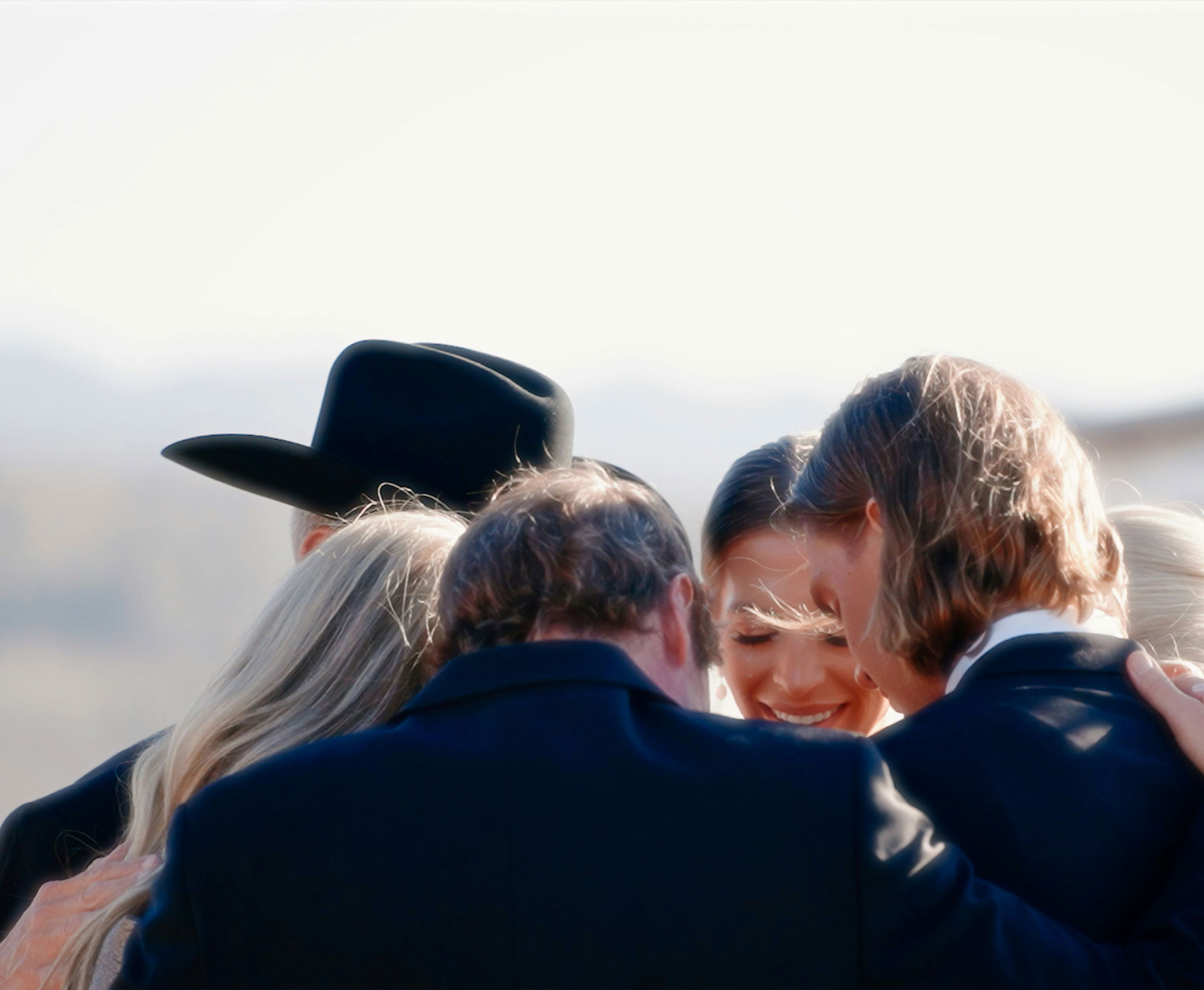
On the day
If you’re unsure about any part of the day, speak to your funeral director in advance. Here are a few questions you might have:
When should I sit down?
Some people prefer to arrive early and have a moment of quiet. Others like to walk in as a group shortly before the service begins. Do what feels most comfortable for your family.
What if a sibling doesn’t want to attend?
Open conversations can help a sibling feel more at ease. Including them in planning can also make the day feel less daunting. Your funeral director or care team can support you in preparing children for what to expect.
Looking after yourself
In the midst of the responsibilities and practical decisions that follow a death, it can be easy to overlook your own wellbeing. Grief is a natural, deeply personal response to loss, and there is no right or wrong way to experience it. Some people feel shock or numbness, others sadness, anger or even relief, especially after a long illness. All of these emotions are valid.
Looking after yourself doesn’t mean you have to do everything alone. Accepting help from family, friends or professionals can make a big difference. Whether it’s someone to talk to, a meal prepared by a neighbour or support in managing tasks, small gestures can bring comfort during this time.
Consider:
- Giving yourself permission to grieve in your own way and at your own pace
- Speaking with a counsellor, support group or trusted friend
- Taking time to rest, eat well and care for your physical health
- Finding ways to honour your loved one’s memory that feel meaningful to you At Bowra & O’Dea, we believe caring for people goes beyond the funeral service. We offer grief support resources and can connect you with counsellors and community organisations that specialise in bereavement care.
Contact Us
Help when you need it
If you need support at any point in this journey, know that help is available. At Bowra & O’Dea, we’re here to guide you through every step with empathy, respect and care.






